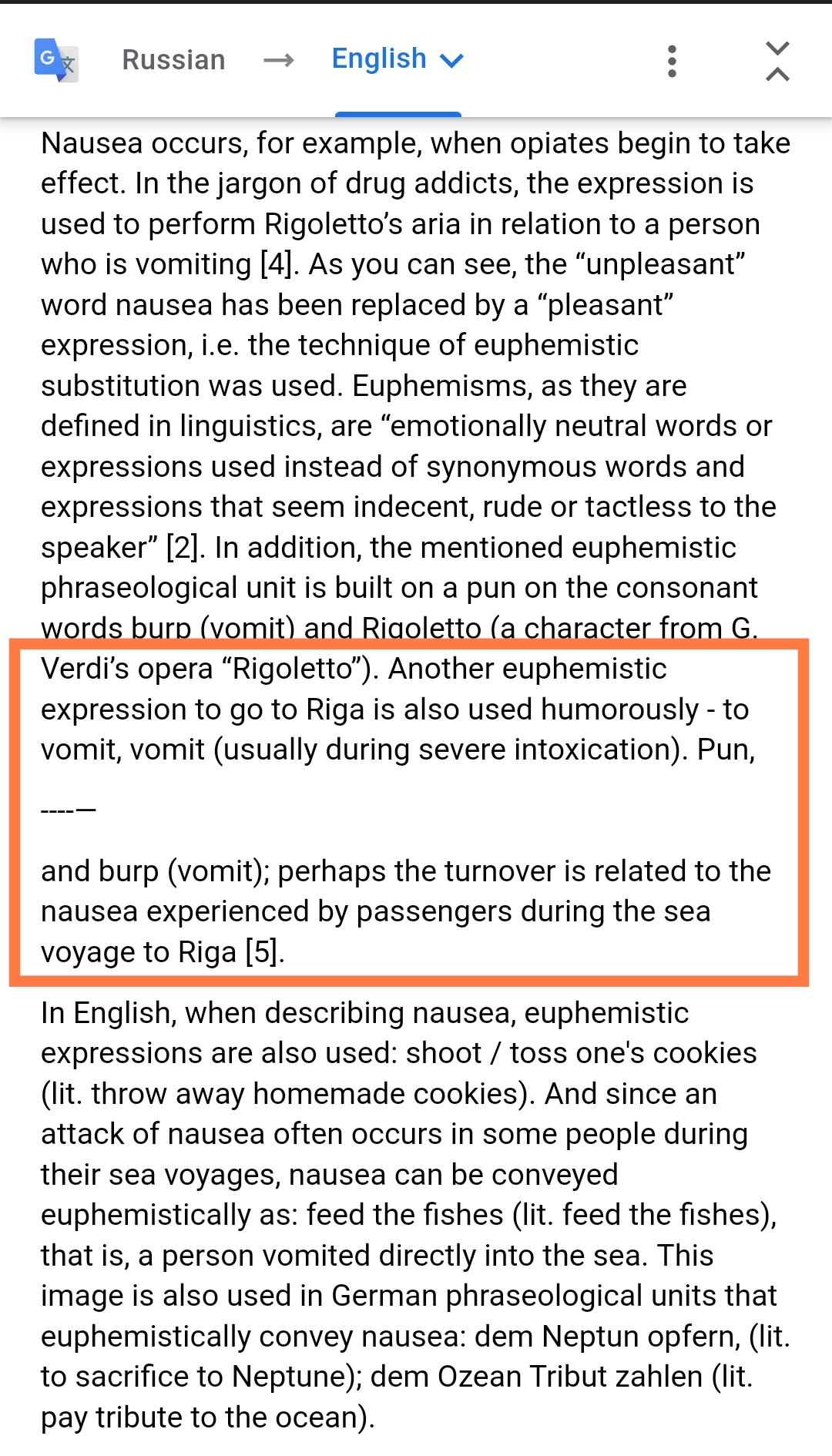this post was submitted on 26 Sep 2023
207 points (96.4% liked)
Asklemmy
48940 readers
824 users here now
A loosely moderated place to ask open-ended questions
If your post meets the following criteria, it's welcome here!
- Open-ended question
- Not offensive: at this point, we do not have the bandwidth to moderate overtly political discussions. Assume best intent and be excellent to each other.
- Not regarding using or support for Lemmy: context, see the list of support communities and tools for finding communities below
- Not ad nauseam inducing: please make sure it is a question that would be new to most members
- An actual topic of discussion
Looking for support?
Looking for a community?
- Lemmyverse: community search
- sub.rehab: maps old subreddits to fediverse options, marks official as such
- [email protected]: a community for finding communities
~Icon~ ~by~ ~@Double_[email protected]~
founded 6 years ago
MODERATORS
you are viewing a single comment's thread
view the rest of the comments
view the rest of the comments
By the way, the Riga sounds like "Ryga" in Belarusian. So this idiom should not have been outdated. Just a bit artificial. But to be artificial is okay if you want to avoid direct naming of unpleasant things. I believe that "travel to Riga"="poyekhal rygat'"="go puke" is a meme for a lot of native Russians around Saint Petersburg.
It's totally ok that some teacher include that meme into their course. This is totally recognizable for a native speaker (like for me in my late thirties).
You will be really surprised how many local silly names exist for menstruation. "Red day of the calendar" - allusion on communist holidays. "Red army arrival day" - no explanation is needed. "Relatives from Krasnodar just come" - Krasnodar is literally "Red Gift", so it's obvious again. "The critical days", "these days of the calendar"... I've heard all these variants in the wild by my own ears.
P.S accidentally found an independent confirmation regarding Riga https://translate.google.com/?sl=auto&tl=en&text=https%3A%2F%2Fcyberleninka.ru%2Farticle%2Fn%2Fbolezni-i-ih-frazeologicheskie-evfemisticheskie-nominatsii-v-russkom-angliyskom-nemetskom-frantsuzskom-yazykah%0A&op=translate
Oh I wasn't by any means intending to cast shade. I was just speculating on possibilities, from the phrase being more popular inland to the phrase being unheard-of for various reasons.
I don't speak Russian and have never been closer to Russia than Prijedor or Zagreb, so I am by no means an authority and I'm not trying to contradict anyone.
No problem, I'm glad to have such a great discussion! By the way, English teachers in slavic countries like to teach very old phrases/memes. Like "raining cats and dogs" for the heavy rain, "wet blanket" for a grinch person. Also they can trying to tell something about cockney (which will never help students in real life) So it's no wonder that some virtually non-existent russian memes could go into textbooks. But the "go to Riga" is not completely dead yet. Need to wait for a decade or two :)